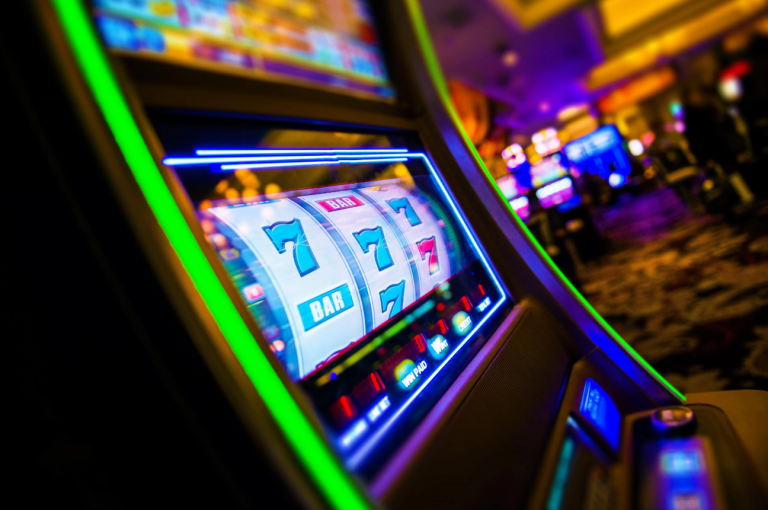Slot machines are one of the most popular and profitable attractions in casinos worldwide. The thrill of spinning the reels and the potential for a big win keep players coming back, but what is it that makes these machines so addictive? In this article, we explore the psychological mechanisms that contribute to the addictive nature of slot machines and why players can find it so difficult to walk away.
The Concept of Variable Reinforcement
One of the key factors behind the addictive nature of slot machines is the concept of variable reinforcement, a psychological principle that involves rewarding a behavior intermittently rather than consistently. This method of reinforcement is incredibly powerful because it keeps players guessing. They never know when the next big win will happen, but the occasional payout creates just enough excitement to keep them engaged.
In a slot machine, the rewards come at random intervals, which makes the experience even more thrilling. The anticipation builds with each spin, and the possibility of winning keeps players coming back for more, hoping that the next spin will be the one that pays off big.
The Role of the Brain’s Reward System
Slot machines also activate the brain’s reward system, which is primarily driven by the release of dopamine, the chemical responsible for feelings of pleasure and satisfaction. When players win or even when they come close to winning, the brain releases dopamine, which reinforces the behavior of playing the machine. This rush of dopamine can create a sense of excitement and happiness, even if the player’s win is small or non-existent.
The brain becomes conditioned to associate the act of spinning the reels with a rewarding feeling. Over time, this can lead to players feeling compelled to play more and more, chasing that dopamine rush in hopes of a bigger payout.
The “Near Miss” Phenomenon
Another psychological tactic that makes slot machines addictive is the near-miss phenomenon. Near-misses occur when the reels land just short of a winning combination, such as almost lining up three jackpot symbols. This experience can be incredibly frustrating yet strangely motivating. Research has shown that near-misses can trigger a similar dopamine response in the brain as a full win, creating a sense of hope that the next spin could bring success.
Near-misses increase the player’s belief that they are “close” to winning, which can make them more likely to continue playing. This creates a cycle where players are drawn in by the hope that their next spin will result in a big win, even if they are repeatedly experiencing near-misses.
The Use of Sound and Visual Effects
The sensory experience of playing a slot machine also plays a major role in its addictive nature. The flashing lights, vibrant colors, and catchy sounds are designed to grab the player’s attention and keep them engaged. The spinning of the reels is accompanied by sounds that mimic the feeling of anticipation, heightening the emotional response to each spin.
Additionally, the sound of coins or credits being added to the player’s balance after a win creates an auditory cue that reinforces the feeling of success. Even small wins can trigger these sounds, reinforcing the player’s desire to keep playing.
The Illusion of Control
Many players believe they have some control over the outcome of a slot machine spin, whether through timing their bets or hitting the button at the “right” moment. This belief, known as illusory control, can make the experience even more addictive. Even though modern slot machines use Random Number Generators (RNGs) to determine outcomes, players may still feel like they can influence the results.
This illusion of control increases player engagement as they feel more empowered and invested in the outcome. It’s a subtle psychological trick that keeps players spinning the reels in the hope of mastering the game or finding a pattern.
Conclusion
The addictive nature of slot machines is a result of various psychological mechanisms designed to keep players engaged. From the intermittent rewards of variable reinforcement to the rush of dopamine that comes with a win, slot machines are expertly crafted to create an engaging and compelling experience. Understanding the psychology behind these machines can help players recognize the factors that drive their behavior, encouraging more mindful and responsible gaming. Ultimately, while the thrill of the game can be exciting, it’s essential to approach slots with caution and a clear understanding of their psychological appeal.

